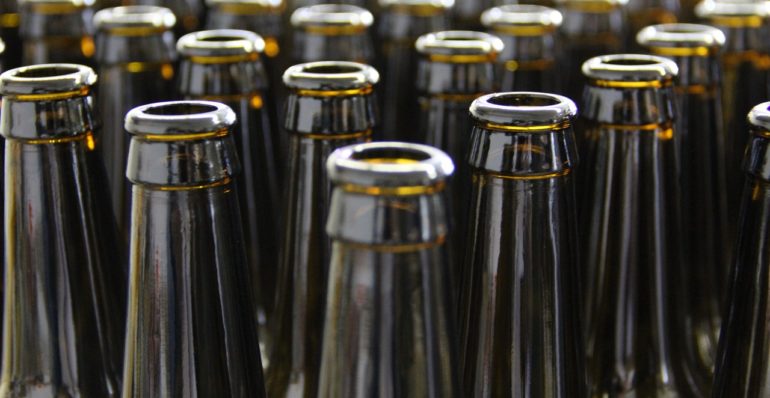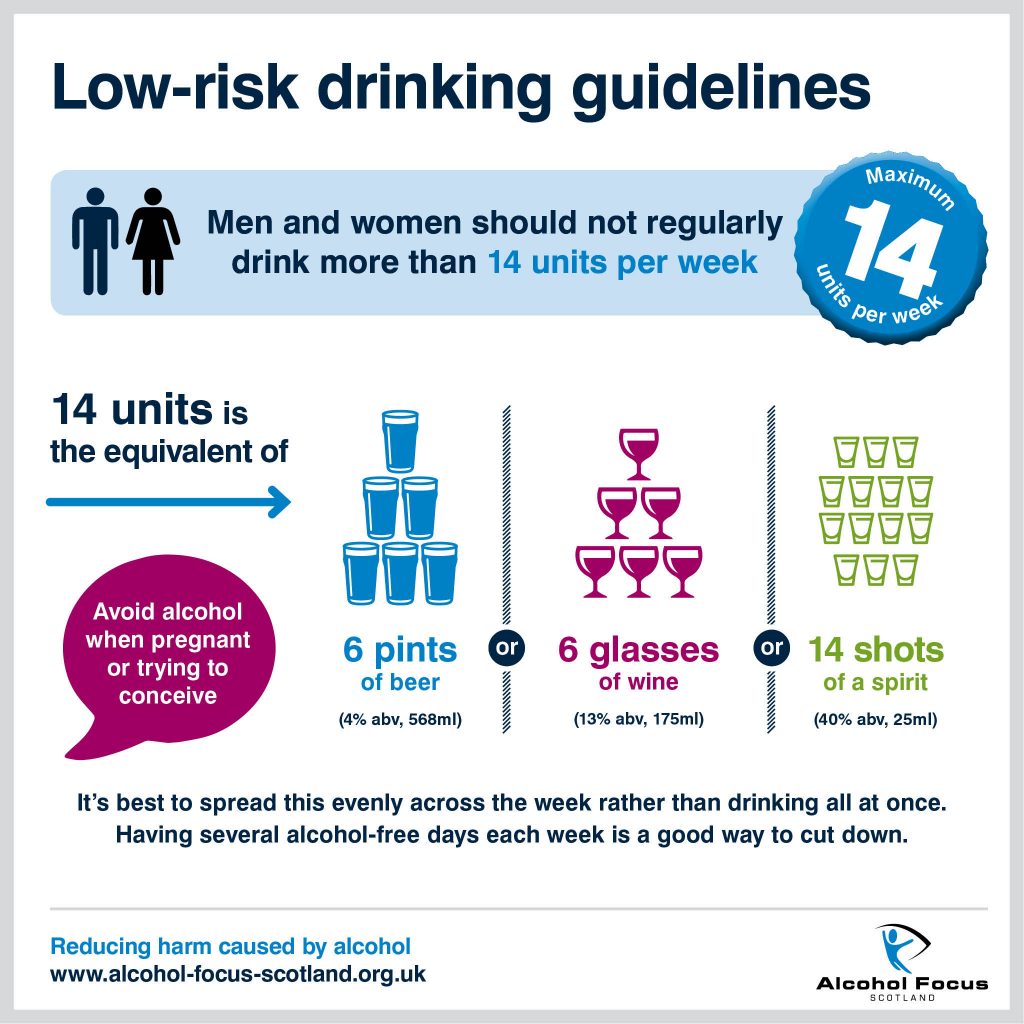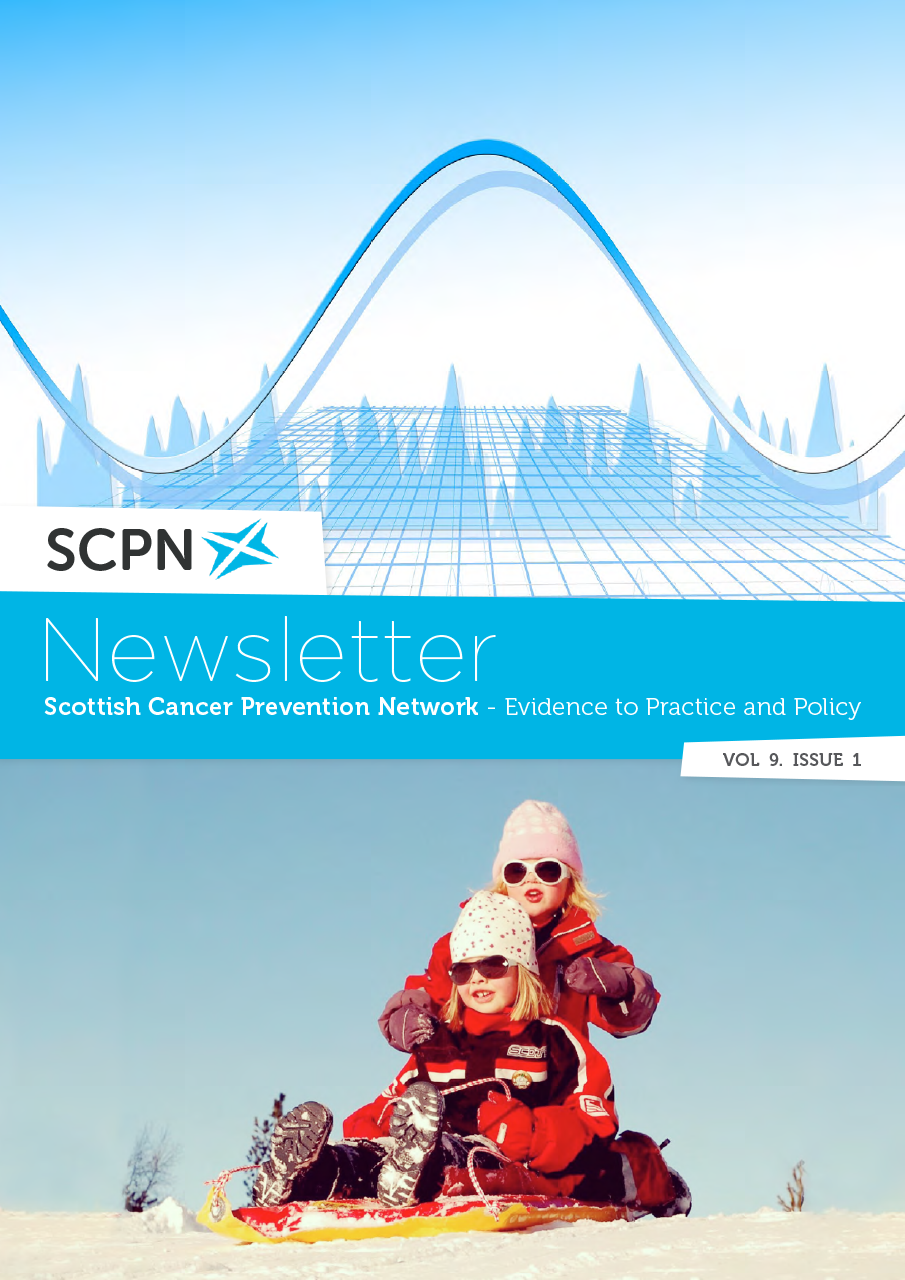
Drink less, feel better this year

08 Feb 18 |
by Alison Douglas
Chief Executive, Alcohol Focus Scotland
www.alcohol-focus-scotland.org.uk, @AlcoholFocus
January is traditionally the time we all count the cost of the excesses of the festive season. But a new year also provides the perfect opportunity for fresh starts and forming healthier habits around eating, drinking and physical activity.
Taking part in a campaign like Dry January is a good way to take a break from alcohol and reassess how much we’re drinking. Research has indicated that a month off alcohol can lower liver fat, blood glucose and blood cholesterol. Other short term benefits of cutting down or not drinking at all include no hangovers, better sleep, losing weight and saving money. Last year my partner and I combined it with an Active January (though he was bit more successful than me – running 5km every day!).
Making a short-term change can help change our drinking habits for the longer-term too, bringing more significant health benefits. Regularly drinking more than the Chief Medical Officers’ low-risk guidelines of 14 units per week can have serious long-term implications for health, with increased risk of breast, bowel and oral cancers, liver disease, stroke and mental health problems (the increased risk for breast cancer start at just one drink per day!).

Alcohol is a causal factor in seven types of cancer and is responsible for around 4% of cancers in the UK every year. This evidence is well-established, yet most of us – and even health professionals – are not aware of this.
In obvious parallels with the tobacco industry, alcohol industry groups have been accused of misleading the public by downplaying and misrepresenting the link between alcohol and cancer, particularly breast cancer.
Warnings on how alcohol affects health are being drowned out by alcohol brands’ repeated positive messages that frequent drinking is normal, fun, and completely risk-free.
We all have a right to know that alcohol is a carcinogenic substance and cutting down on it is likely to reduce cancer risk. This is why we need mandatory labelling of alcoholic drinks, including health warnings such as “alcohol causes cancer”. We also need high profile social marketing campaigns backed by government, not the alcohol industry.
We can all benefit from drinking less, not just for the month of January, but all year round.

The SCPN Newsletter: Volume 9, Issue 1
The first issue of 2018, with contributions from Alcohol Focus Scotland, SCPHRP, Nourish Scotland, Obesity Action Scotland and Exercise Works in practice and policy, as well as the latest updates on research in prevention and screening.